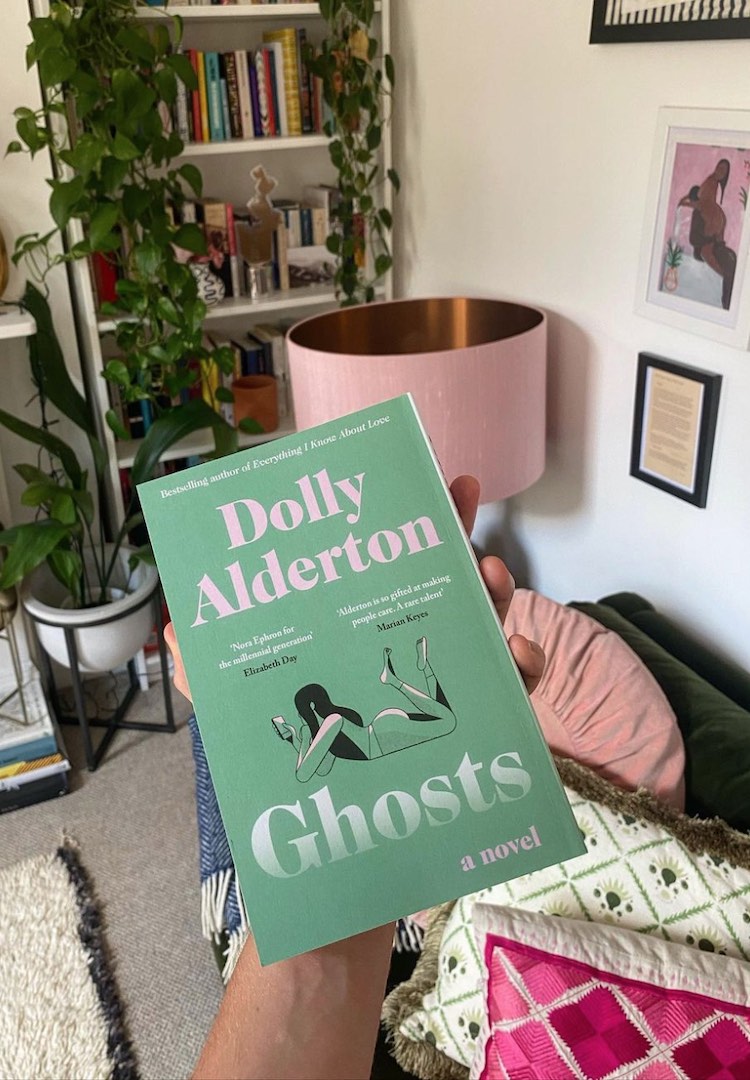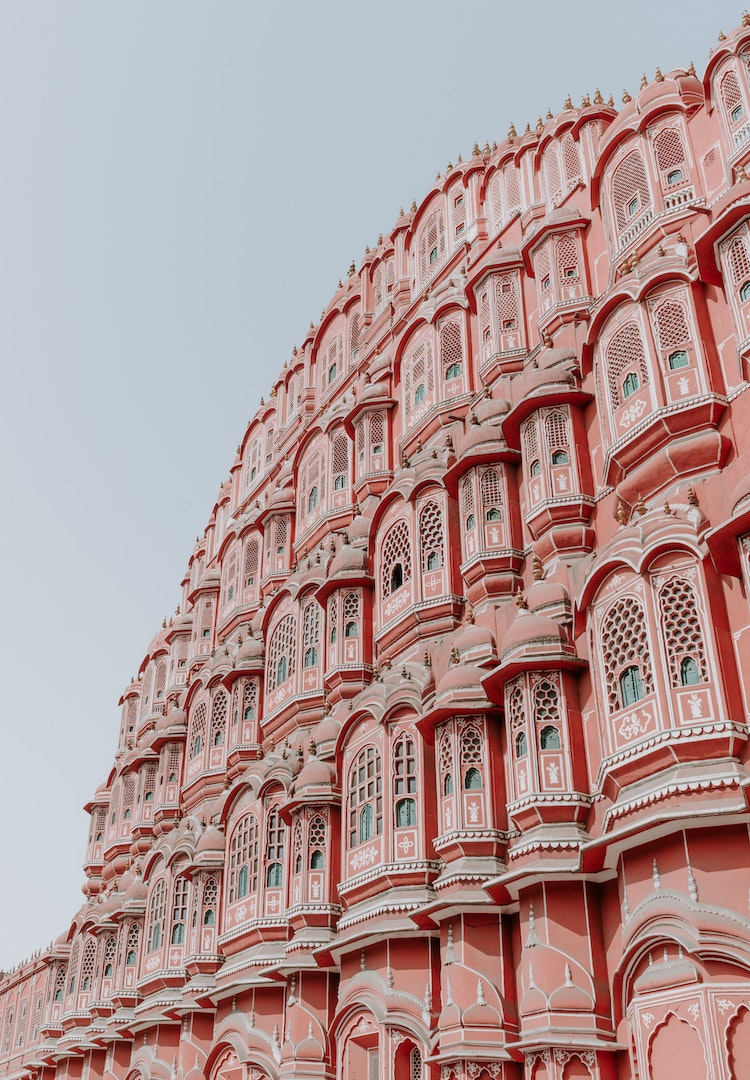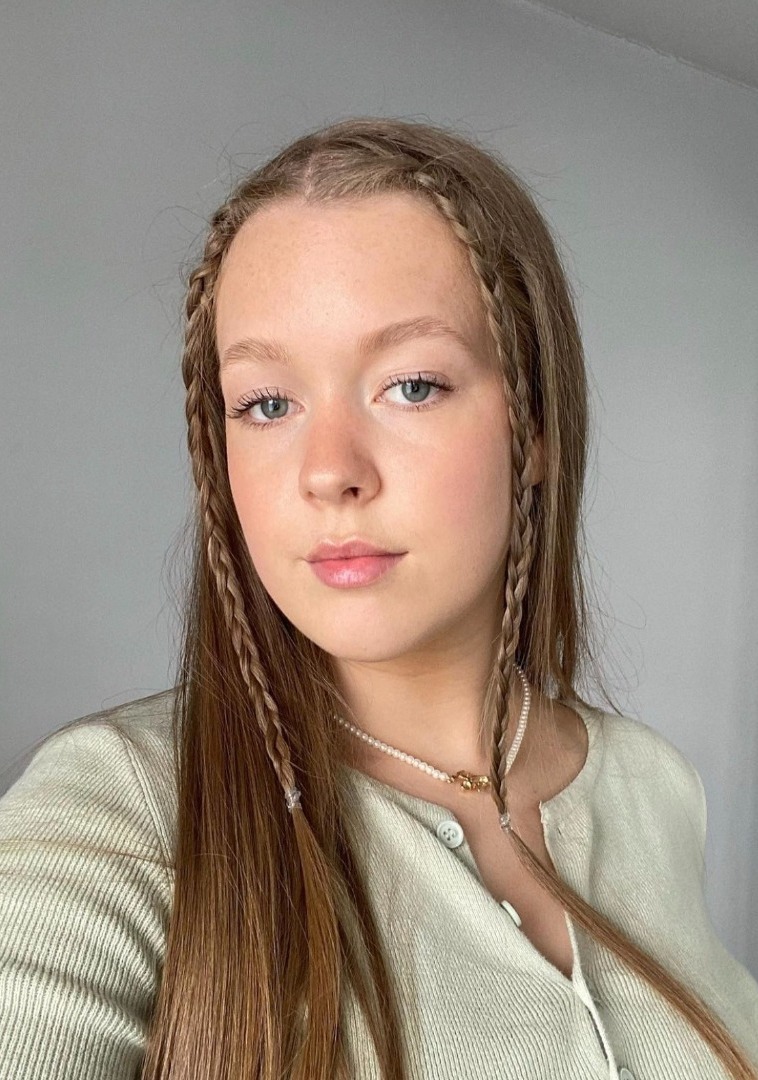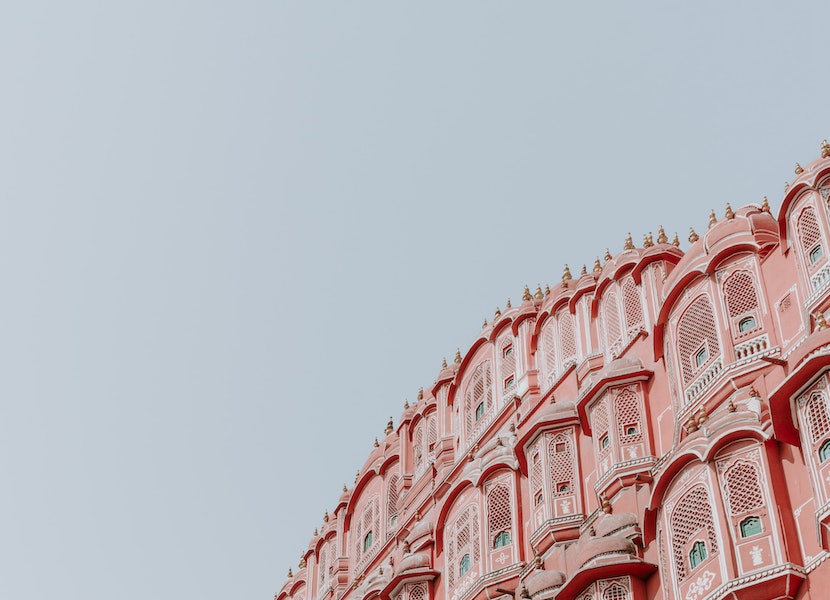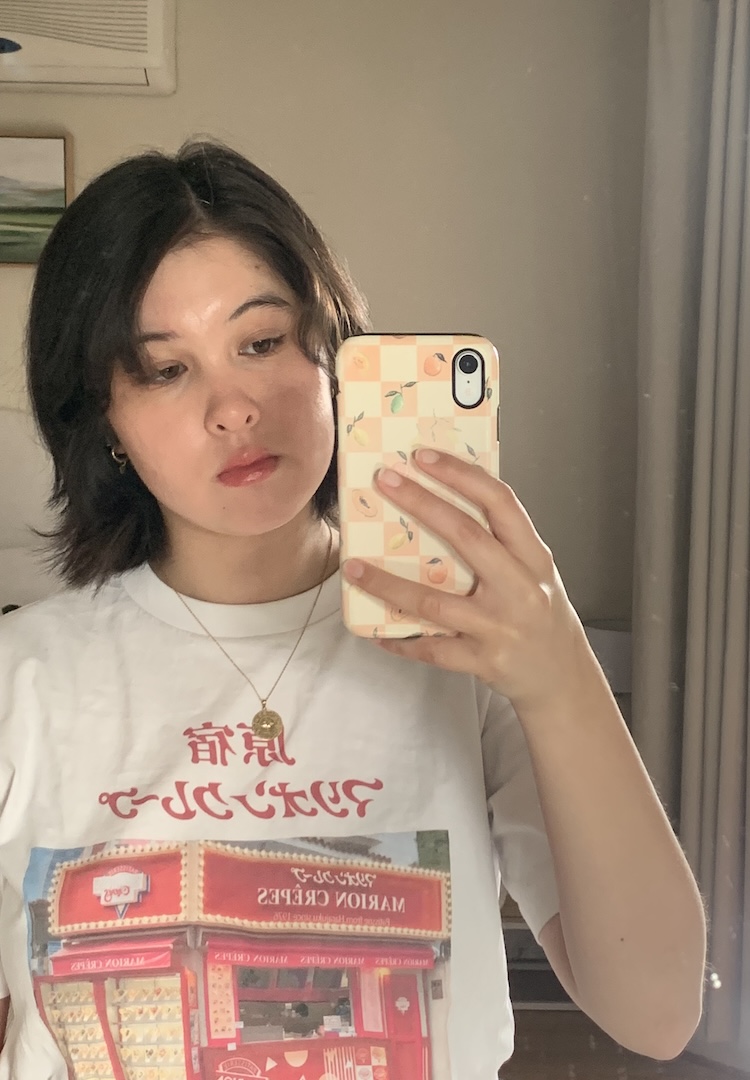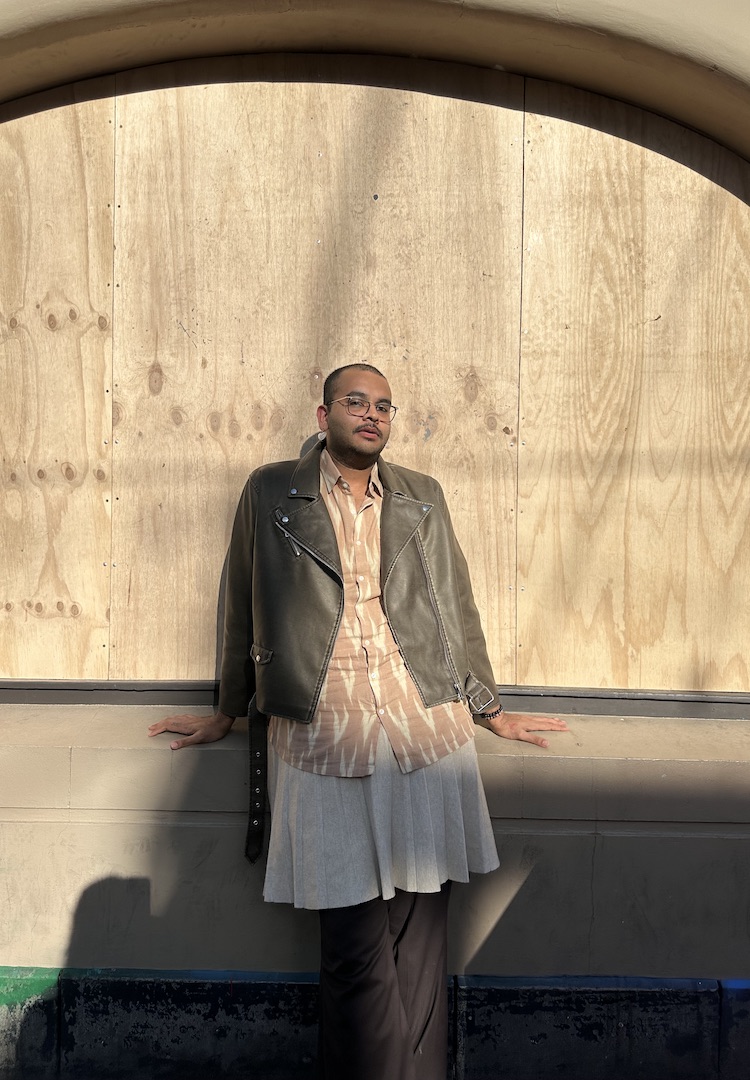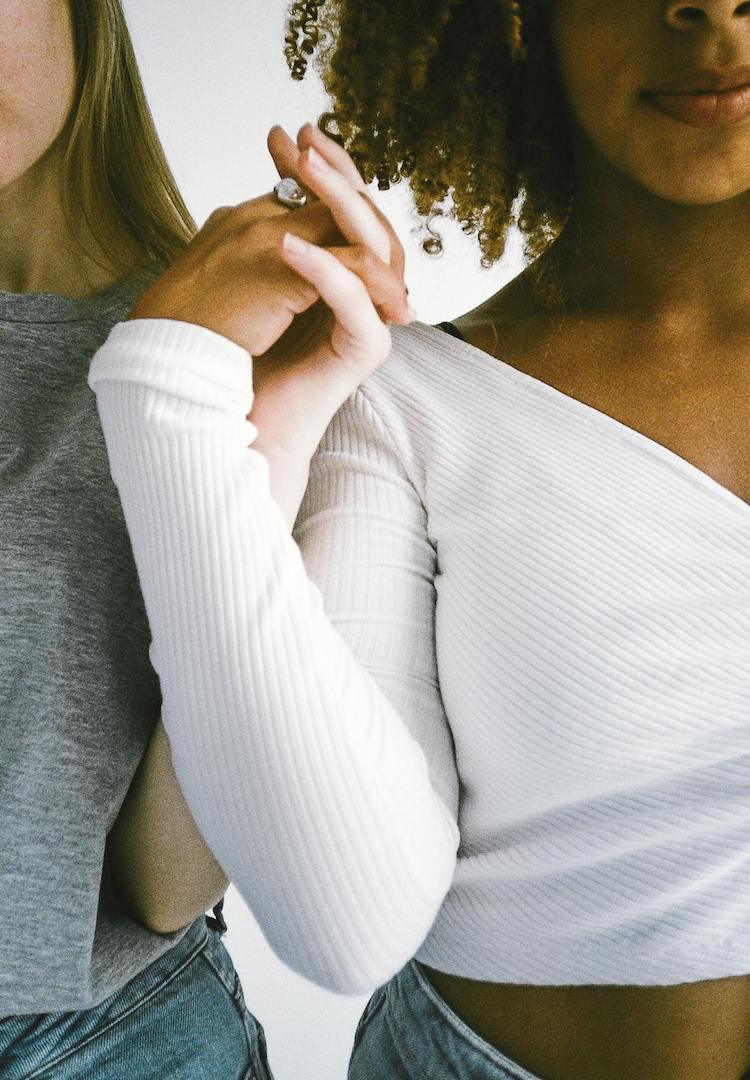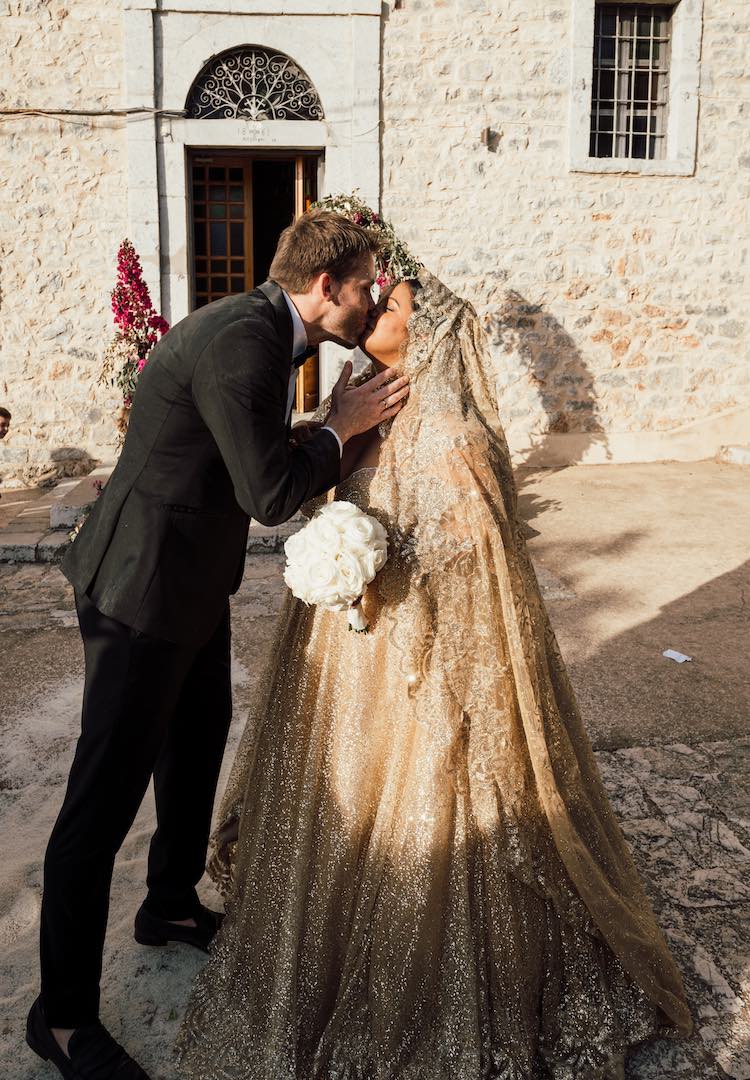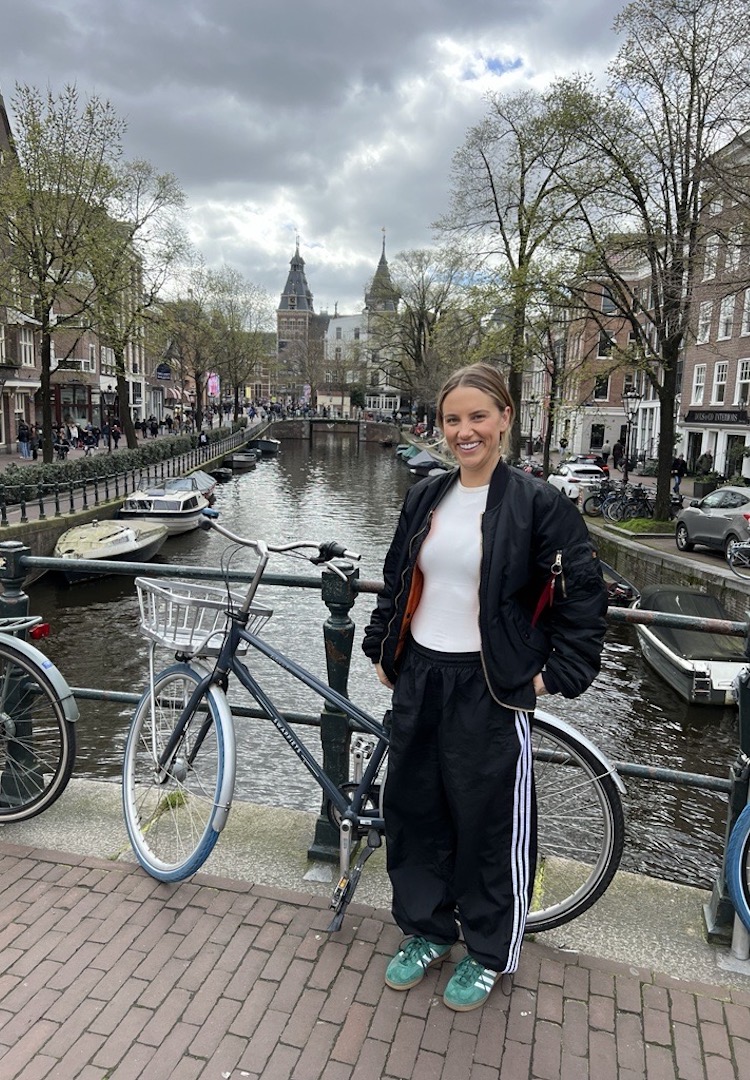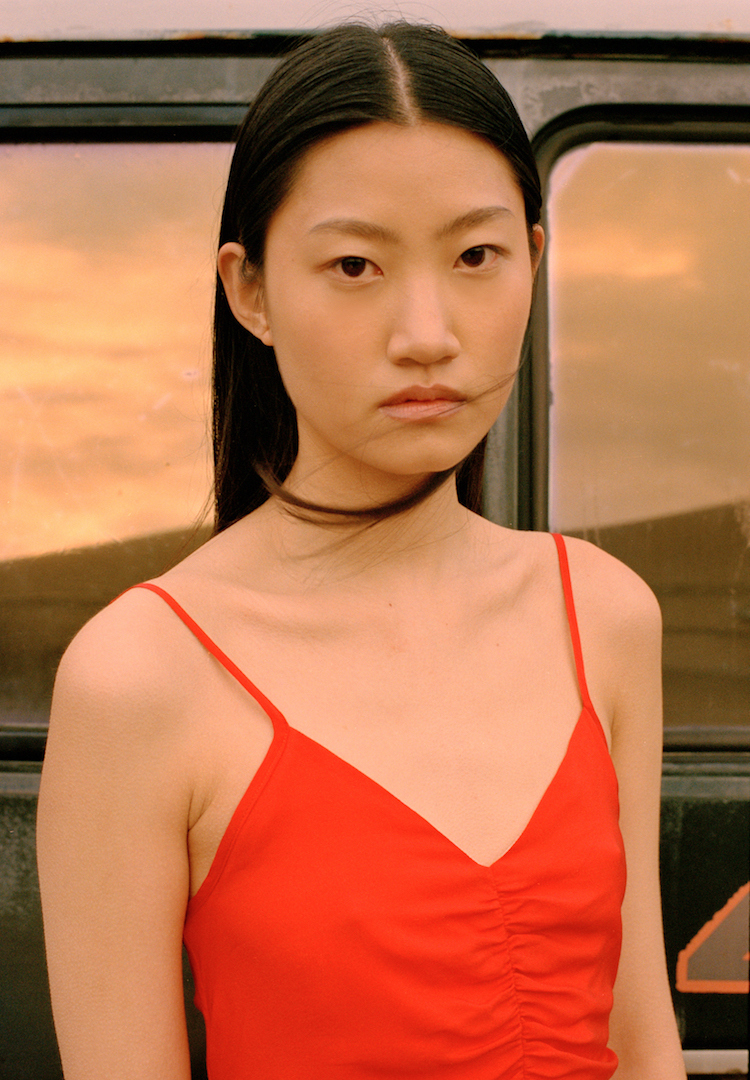I’m an Indian woman who grew up in Australia, but here’s why it will never feel like home
WORDS BY AASTHA AGRAWAL
The real virus in Australia is racism.
With more than 25 million confirmed cases and nearly 280,000 deaths, my heart aches to admit that India is slowly disappearing.
From footage of deserted villages, mass cremations and dead bodies washing up on the shore of Ganga river, to the trembling voice of my grandparents in Jaipur as they talk about their daily lives filled with uncertainty and restricted mobility; within me, there is only rage, helplessness and pain.
Looking for more thought-provoking reads? Try our Life section.
After seeing the horrifying news plastered on television screens and social media, the last thing I expected it to provoke was hate-filled, blatantly racist and disgustingly degrading remarks towards Indians in Australia. I didn’t want to accept that a place I called home would cage my community in sheer terror, especially at a time where a lot of us are dealing with the loss of loved ones, daily panic, and requiring extra support and empathy.
But then my parents’ house in Perth got vandalised, and a gust of fear like I’ve never felt before overcame me. The word grief was plastered on the entrance to their house, marking it as foreign, and terrifying me to my core. What was I to do if they were being attacked, simply for being Indian?
Having moved to Australia over nine years ago, having seen what my parents went through to get my brother and me here, having been citizens and Australian passport holders for more than five years, I’m still given reasons every day to question whether I’m really welcome here.
Like how at the age of 12 I was looked in the eye and told “Not bad for an Indian”, then at the age of 16, while working my first job at McDonald’s, I was shouted at and told to “Go back to my country.” I’m reminded day after day that I don’t fit in.
I am forced to remember the shame and embarrassment instilled in myself and my fellow Indian migrants at school, all of us trying to seem more ‘Australian’, attempting to get to the other side of this imaginary line that segregated us; a line that reminded us why we were different, why we weren’t one of them.
Being teased for having an accent, for mispronouncing words from a language that wasn’t ours, for having genetically dark body hair, for eating ‘smelly’ food, for obeying our ‘strict’ parents. It all seemed like punishment. The crime? Not existing the ‘right’ way, the Australian way.
It’s often discussed that migrants make big moves to Western countries in order to provide themselves and often their families with better opportunities. What is left out of that discourse, however, is the fact that migrants wouldn’t have to make the move if their native countries weren’t still dealing with the effects of colonialism, in the form of poverty, malnutrition, disease, cultural upheaval, economic exploitation, and political disadvantage.
India has been independent for less than a century, and the blaming and belittling for their handling of the pandemic is failing to recognise something. It’s failing to recognise that being able to isolate, work from home and social distance are all privileges that the West gets to have because its development and growth weren’t stunted by 200 years of colonisation that still to this day impacts the lives – economically, socially, and politically – of Indian people.
It’s disappointing that with nearly 700,000 Indians residing in Australia, we’re still told to go back to our country. It’s disappointing that my family still has to deal with hate speech, that my friends are still fetishised for their skin colour, and that the Australian government won’t let people come back to their homes.
It’s disappointing, but not surprising that I’ll never be able to call Australia home. But maybe I don’t want to call a place that discriminates and holds so much hatred my home.
To learn more and help India in its fight against COVID-19, head here.

